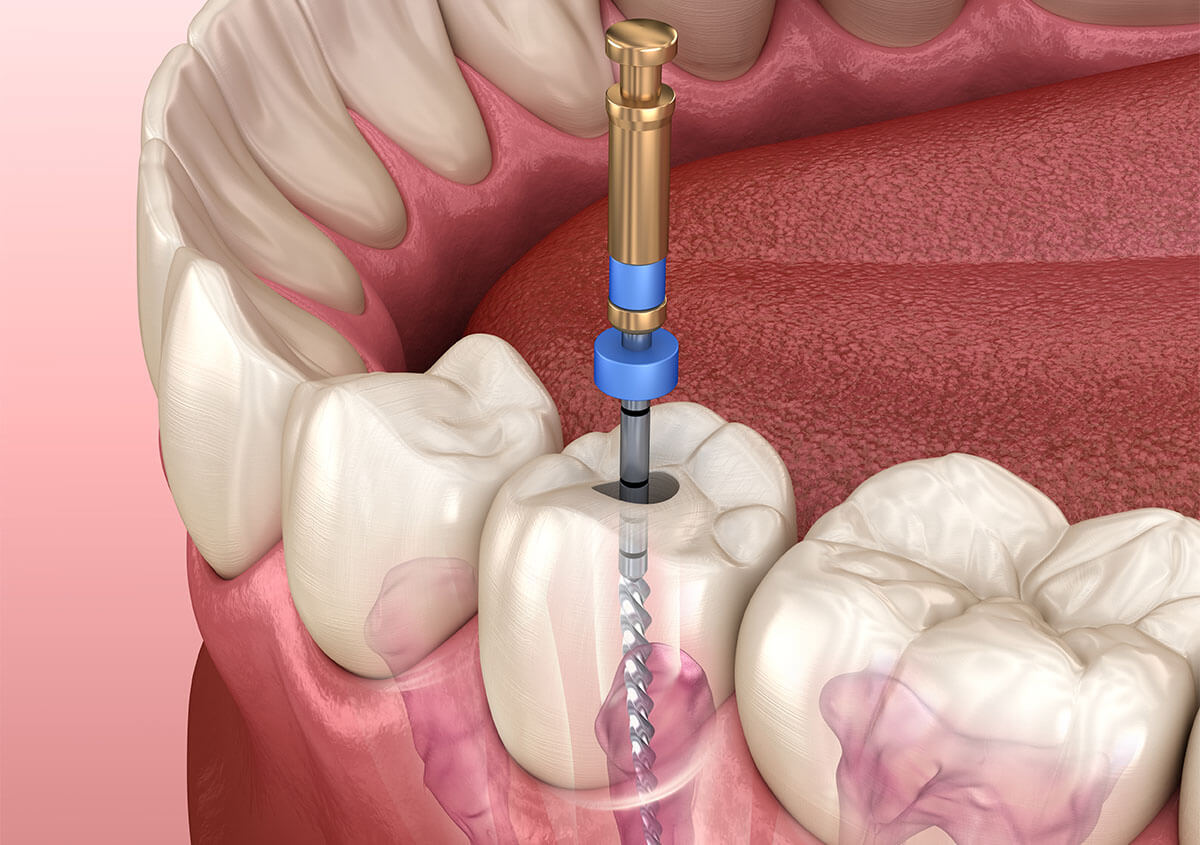

25
Sep
How To Recognize the Signs and Symptoms That Your Root Canal Is Failing

When the inner portion of your tooth, the pulp, becomes infected, there is no way to disinfect it without removing this material. Hence, a root canal will be necessary to save your tooth. Root canals offered by Dr. Chris Brady and the team at Dental Health and Wellness in Colorado Springs, Colorado, are safe and effective. However, there can still be complications causing a root canal to fail.
Recognize The Symptoms
A failed root canal is a condition you should take very seriously and see a dentist as soon as possible. Even if the root canal procedure was performed months or years ago, you could still begin to experience symptoms of a failed root canal.
You may wonder how you would know if your root canal has failed. What does it feel like? What follows are some symptoms that you should be aware of.
- Pain
Following any root canal, it is typical for patients to experience some level of pain or discomfort for days afterward. However, you should not experience severe pain or a recurrence of pain once the tooth has started to feel better. If this occurs, you could be looking at a failed root canal.
- Swelling
Minor swelling around the treated tooth following a root canal is expected. Once you have recovered, that swelling should go away. If the swelling does reoccur, you need to reach out to your dentist immediately. Swelling at this point could mean some type of infection requiring swift action.
- Discharge
If you find that you have a bloody or pus-filled discharge coming from gums around the tooth that received a root canal, it could indicate that an abscess has formed. An abscess will likely be accompanied by pain, but this is not always the case. Although it may not be painful, having any discharge examined by your dentist is crucial.
- Heightened Sensitivity
A symptom of a failed root canal is heightened tooth sensitivity. Pain and discomfort should subside once you have recovered from your root canal procedure. However, it could indicate a failed root canal if you continue feeling sensitive to hot or cold foods and drinks.
Request an Appointment
Why Do Root Canals Fail Sometimes?
There are several reasons why a root canal would fail. The following depict why a root canal would fail after only a few days, while others after a few years.
- Breakdown Of the Coronal Seal
At the end of your root canal procedure, your dentist will seal off the coronal section of the tooth and apply a restoration (usually a crown) to protect the tooth from further exposure to bacteria or infection. Sometimes, this seal can become cracked or broken, making the tooth vulnerable to bacteria. If this happens, re-infection could occur.
- Improper Sanitation
A significant and common reason a root canal will fail is if the tooth is not sanitized properly. While a dentist will always do their best to ensure everything is clean and sterile during a root canal, saliva can sometimes find its way into the hole created during the procedure. Saliva contains bacteria, which can contaminate the entire operation.
- New Decay or Injury
If you develop new tooth decay on a tooth that has undergone a root canal, or if it is damaged, it can become exposed to bacteria and infection.
Even if what you are experiencing is different from what you have read above, you should reach out to your dentist immediately if you have any reason to suspect that something is wrong with your tooth that has undergone a root canal procedure.
You can reach Dr. Chris Brady and the team at Dental Health and Wellness by calling (719) 215-9292.
Share this Article

Dr. Chris Brady
Dental Health and Wellness
Dr. Chris Brady opened his practice in Rockrimmon, Colorado in 1984, the same year he received his DDS degree from the Baylor College of Dentistry. He had graduated from Brigham Young University in 1980. As a practicing dentist, Dr. Brady continues to refine his diagnostic and treatment skills. He cares deeply for his patients and always seeks their opinion before beginning treatment.
He is a sought-after educator and speaker. For the last 20 years, he has taught thousands of dentists, and provides personal coaching to even practices abroad. He is a published author of many books and articles.

